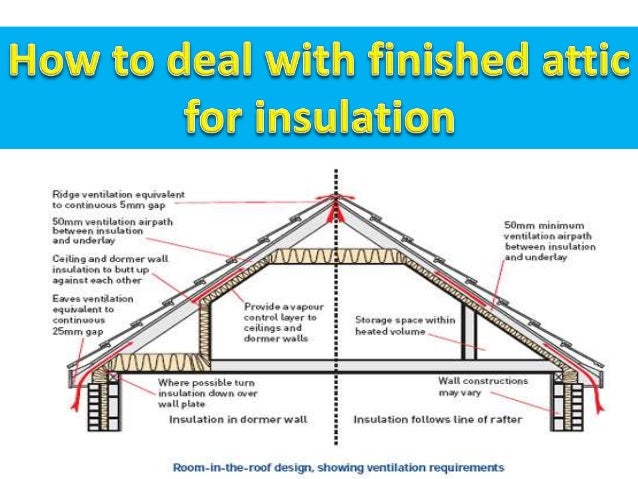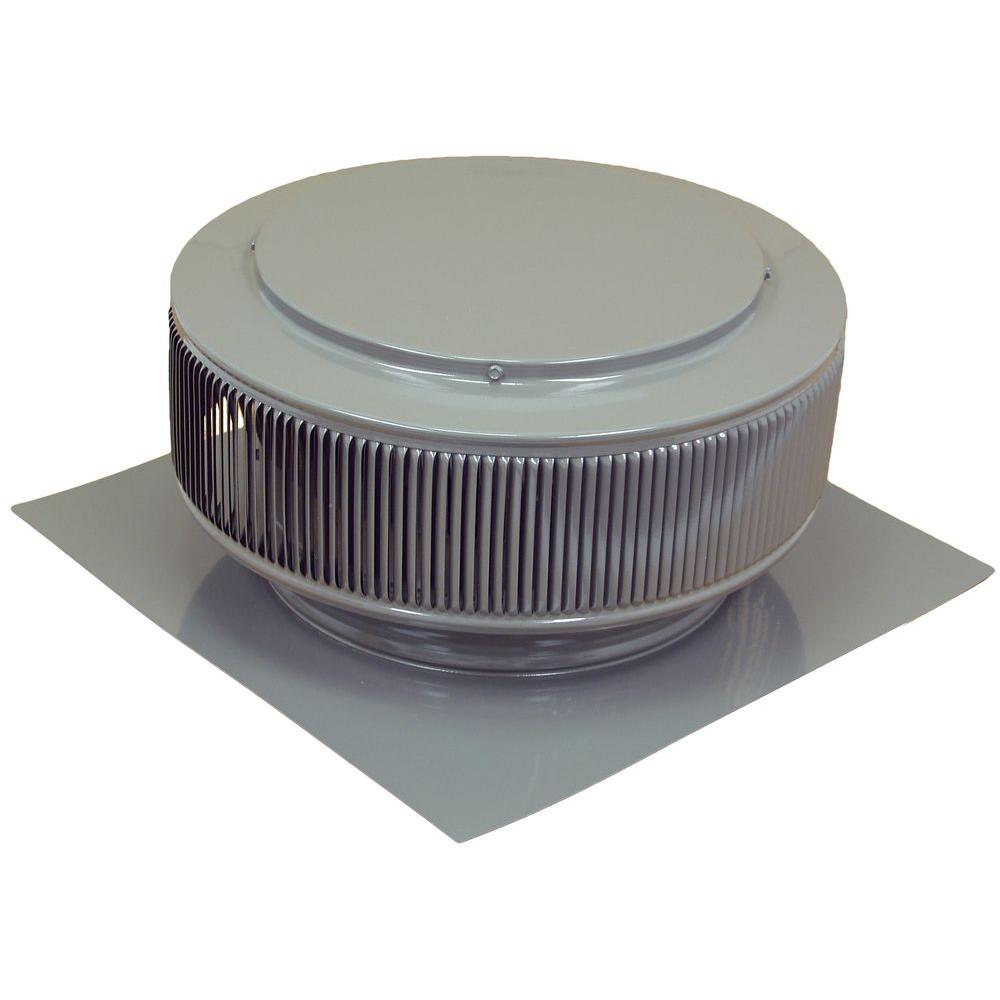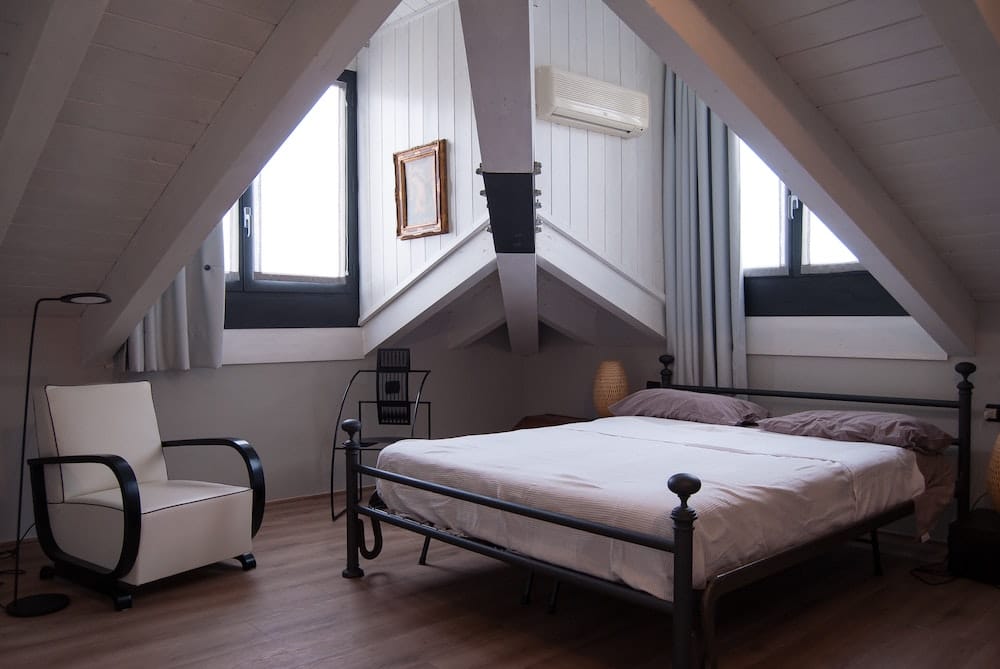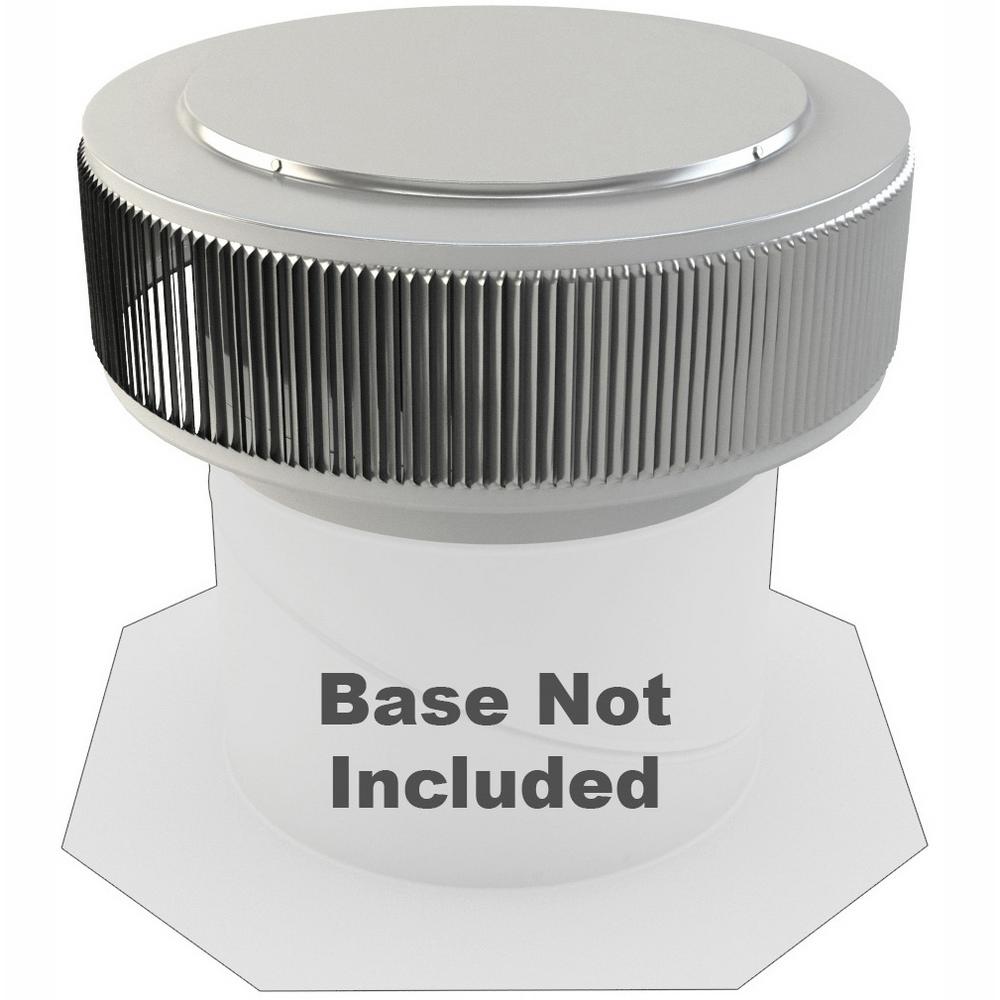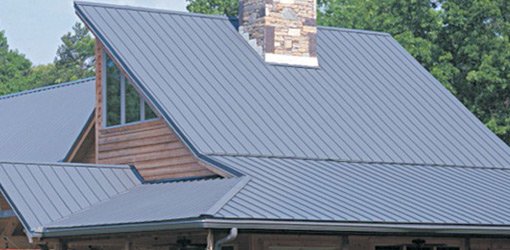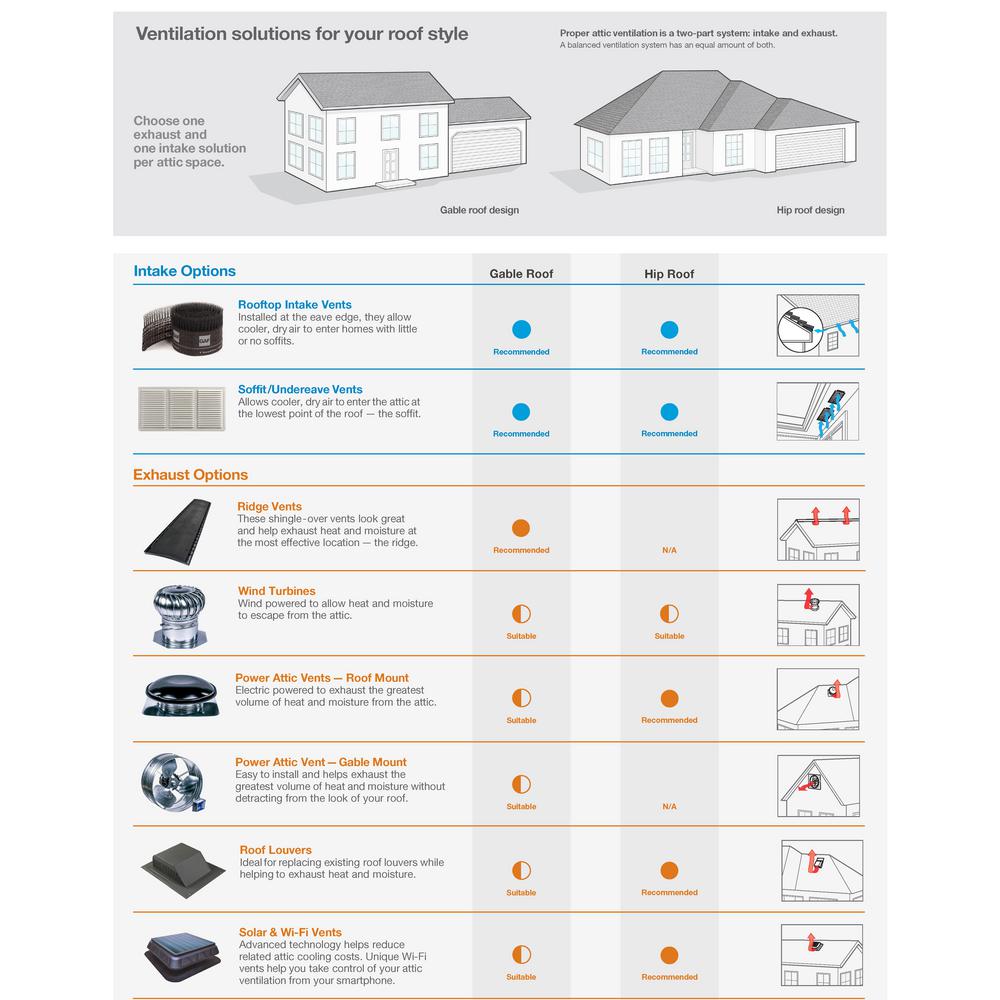Most codes require a specified minimum amount of headroom and it s tough to meet this requirement when insulating a finished attic especially since most.
Finished attic no ventilation.
I hope someone can help us and the 2 contractors who have diagnosed the problem as nothin to do now.
Unventilated attics can help to mitigate energy loss through leaky ducts or ceiling fittings.
However if moisture is able to enter the unvented attic space it may lead to roofing panel issues.
Without properly insulating your finished attic room will also be cold in the winter.
The majority of roofing experts agree that ridge vents are the most effective and cost effective roof vents available.
To meet all three goals insulating your finished attic ventilating the roof and maximizing headroom use a combination of dense batt insulation rigid foam sheeting and air chutes.
We have been told that we cannot put in ventilation now because there is no space left between the insulation and the roof.
A combination of air sealing and insulating the attic floor while providing ventilation considerably reduces the potential for condensation as warm moist air is less likely to enter.
Without baffles blinders that prevent outside air from crossing over the vent a ridge vent may create almost no ventilation at all.
The energy savings touted by unvented attics can be as high as 20.
Without properly ventilating the roof your finished space can be just as unpleasant as an unfinished attic.
Too often mechanical ventilation ducts from bathrooms kitchens or laundry rooms deposit warm moist air into the attic instead of outside the building envelope.


